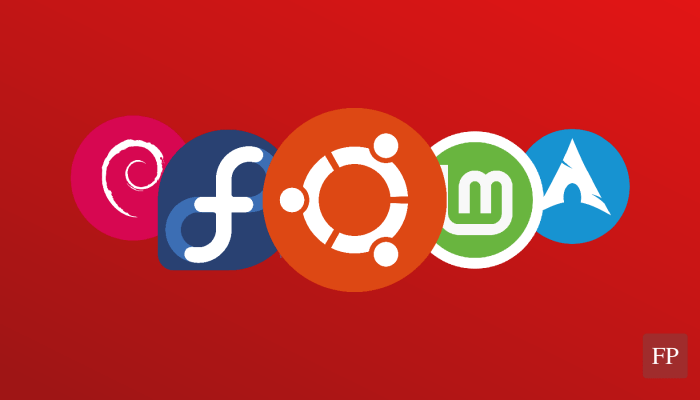Opinion: Last week, Google announced that it is going to remove extensions using Manifest V2 from its Chrome extensions store at a very near time, and that extension developers should move into Manifest V3 if they want to keep their extensions working for users.
Manifest V3 has limited support for functionality related to blocking ads and other trackers over the network, and could render extensions like uBlock Origin pointless in providing full ad protection.
In fact, Google itself has put a giant yellow banner on uBlock Origin’s extension web page to indicate that it may no longer be supported in the future because of this:

Currently, uBlock Origin users are advised to switch to uBlock Origin Lite, a Manifest-V3-based Chrome extension that has a limited capability to block all types of ads/trackers on Chromium-based web browsers.
But there is a giant red panda hiding in the shadows who hasn’t rung its sound yet about all of this.
Mozilla is the maker of the famous Firefox browser which has been using its own web engine called “Gecko” since forever, and hence, is not affected at all by these moves from Google.
Firefox users using uBlock Origin extension to block ads can continue doing so without any type of hassle.
Instead of using this news as a good marketing material to market for the only viable and independent web browser in the Internet, and how it can always block annoying ads on users’ machines, Mozilla has not published anything at all about this.
Their social media accounts are silent about this news, and their official blog writes about AI and inclusiveness.
While Firefox users have been recommending Chrome users to ditch their cursed web browser for Firefox as a strong ad-blocking alternative all over the Internet, the company itself apparently chose to not say a single word about this and avoid the opportunity to increase the number of its users.
This is no surprise in fact if you understand Mozilla and how it gets its funding.
Around 81% of Mozilla’s funding comes from Google, paying it billions of dollars per year to remain the default search engine inside Firefox.
And Google itself, of course, gets billions of dollars in revenue from running its Ads networks.
But if the number of ad-blocking users were to increase (which currently stands at 35% worldwide and 80% on our website), then this could seriously harm Google’s business model and revenue.
This explains why Google has been recently cracking on adblocking methods for YouTube, and why it is also pulling the plug on uBlock Origin and other adblocking extensions.
But perhaps, it also explains why Mozilla has been silent on all of this; While their web browser is the 1st destination for users who wish to maintain their privacy and security, and block annoying ads, they have chosen to not damage their possible main source of income by encouraging this behavior.
And all they have to do is remain silent on the matter, and pretend nothing happened.

Currently, the number of Firefox users stands at 153M users worldwide; a 10% decrease from the end of 2023, and a 25% decrease from 2020.
Clearly, the lovely web browser is losing users, and this should have been a great marketing opportunity to restore the momentum and get more users to switch to Firefox, but sadly, Mozilla’s financial situation and its full dependence on Google and its ad revenue stands as a hurdle for this.
Such silence on important matters should be a big red flag: If the company can’t increase the number of its users due to its financial situation, then its financial situation has to change as soon as possible to avoid a catastrophe.
It should make services and products, and develop methods to raise funding away from Google and its ad-driven revenue model.
Ironically, the company is going in the opposite direction: Mozilla is buying “privacy-based” ad companies like Anonym and is shipping “privacy ads support” in Firefox in order to salvage Google’s position further into the matter instead of hindering it.
This situation, by all means, should concern all web users who don’t want to be under Google’s monopoly wherever they go. It should concern all those who want to have more than one web rendering engine for the Internet.
With a B.Sc and M.Sc in Computer Science & Engineering, Hanny brings more than a decade of experience with Linux and open-source software. He has developed Linux distributions, desktop programs, web applications and much more. All of which attracted tens of thousands of users over many years. He additionally maintains other open-source related platforms to promote it in his local communities.
Hanny is the founder of FOSS Post.










Wanna leave a comment on this story? Check it out on our Outpost forum and participate in the conversation.
Leave a Comment